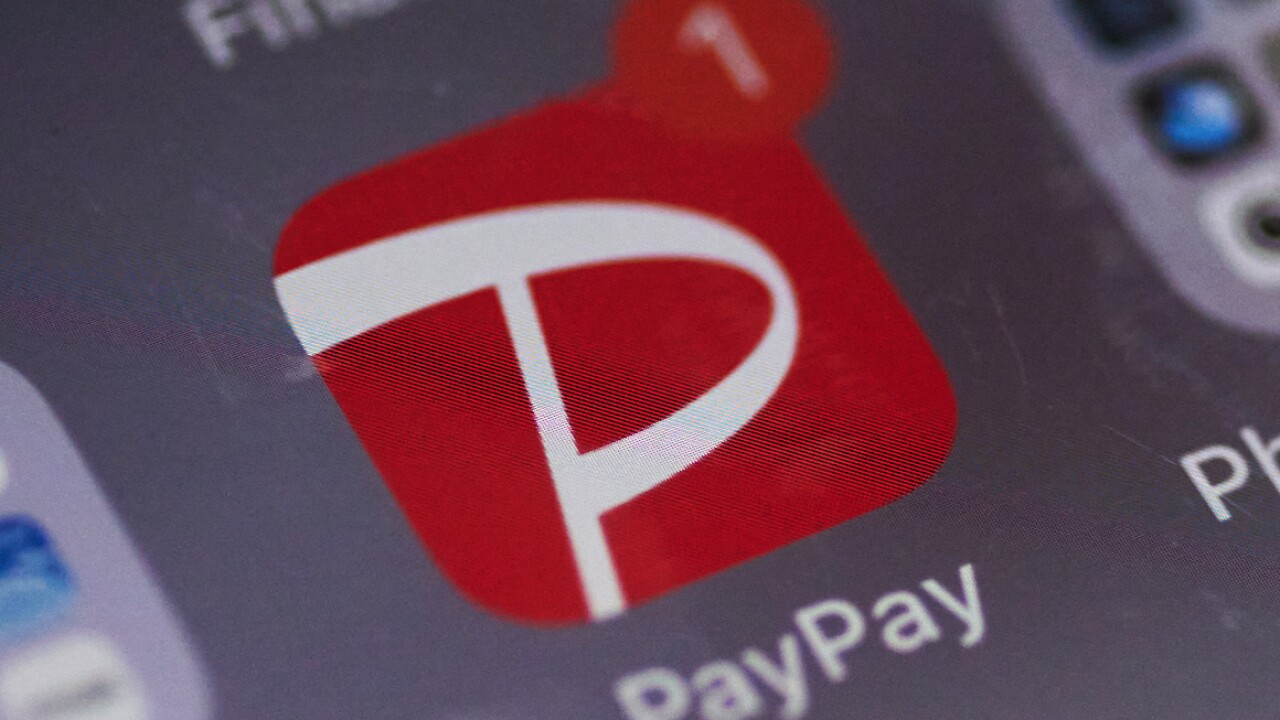As vice president and head of global philanthropic services at Chase Manhattan Corp., Marlene Hess earns her money helping wealthy people give away theirs.
She is well equipped for the work. Daughter of oil and gasoline industry magnate Leon Hess - the former owner of the New York Jets football team who died last year at 85 - Ms. Hess grew up in a family "that did a lot of philanthropy across the board.
"It was always something that was just done," she said in an interview at Chase's midtown Manhattan offices. "It didn't need to be articulated."
Passionate and intense, Ms. Hess has worked with a variety of nonprofit causes over the course of a 20-year career. Donna Lawrence, executive director of the Children's Defense Fund New York, worked with her during a 1995 immunization campaign. "Marlene defied every stereotype of a vice president at a big bank," Ms. Lawrence said. "We've worked with other corporations and banks, and I've never seen a person at her level in the banking field take these issues so seriously."
Seriously indeed.
Chase's philanthropic services unit is just one of several players in this growing market. Bankers Trust Private Banking became active five years ago, and its "Wealth With Responsibility" program is still going strong despite last year's merger with Deutsche Bank AG. First Union Corp. has about 15 people advising wealthy clients on philanthropic issues, according to senior vice president Eileen Wilhelm. And similar work is being done by the PNC Advisors group at PNC Bank Corp., according to Sylvia Myers Maurin, a vice president and manager of charitable planning services there.
The long-lived economic boom appears to have spawned yet another niche for the rich.
Though none of the bankers interviewed would reveal exactly how much their companies profited from providing such services - if they directly profit at all - most said fees are based on the size of the customer's ongoing relationship with the bank. In some cases, they are calculated as a small percentage of the customer's assets under management.
"We'd never disclose pricing," Ms. Hess said. Fees "depend on the complexity of the client's needs and the depth of the relationship. Some clients want everything from soup to nuts," which could start with an evaluation of current giving and end up with the creation of a new not-for-profit.
By helping customers manage charitable donations - set up foundations and trusts, manage tax exposure, and the like - banks can extend their involvement in an individual's financial lifecycle and retain his or her assets longer.
Chase started its philanthropic advisory service three years ago, within its private bank. Its staff of four now juggles as many as 100 clients at a time.
Ms. Hess, who spent 10 years working at nonprofits before she joined the bank in 1989, has an insider's view of what it's like to be rich. She emphasizes the importance of helping clients select their charities.
"It's hard to give away a lot of money," she said. "Most people donate in a spray-and-pray fashion that can be very ineffective and unsatisfying. It takes a lot of time on the front end to figure out what it is they really want."
Answering that question depends on who the clients are, how they have made their money, and what stage of life they have reached. Clients can range from young Internet entrepreneurs who want to benefit inner-city neighborhoods to elderly patriarchs looking to revise the governance of a family foundation.
Michael Smith, a managing director of Deutsche Bank's BT Private Banking unit, says the bank's Wealth With Responsibility program grew, to some extent, from the demands of clients who either wanted to start a foundation or change one they already owned, for reasons aside from sheltering their wealth. He notes that, though there are tax advantages for donations in the United States, many other countries do not give such breaks.
Many customers view participation in a foundation as a way of keeping a family together, he and other bankers said. Such an enterprise can give its board members a sense of common purpose and goals.
However, there are situations in which an heir decides that starting a foundation means giving away a part of his or her inheritance and refuses to cooperate.
At that point, "our consultants regroup with the family, refocus, and try to make it a viable idea once again," Mr. Smith said.
Existing foundations can also run adrift. "Clients want to know if they're really making a difference or if as much money as possible is getting where they want it to go."
To round out its offerings, BT Private Banking keeps the Boston-based consulting firm Philanthropic Initiative on retainer to take most jobs "to the finish line," Mr. Smith said. "We can certainly recognize the issues, but we have a strategic alliance with the professionals that can really do the job," he added.
Unlike Chase and Deutsche, First Union emphasizes the financial planning aspects of philanthropy, according to Ms. Wilhelm. As a result, the so-called charitable remainder trust is a popular product. If a client reaps a windfall from a real estate sale, for example - as one at First Union recently did - such a trust can ensure an income stream for the rest of the customer's life, help avoid capital gains taxes, and leave the remainder for charity after death.
According to Sylvia Maurin, the clients of PNC's philanthropic service range in age from 62 to 75, have run their own businesses, are in good health, and have assets of $5 million to $15 million.
"These people are committed to the good of their communities, and they pretty well know the charity they want to benefit," Ms. Maurin says. As a result, PNC does not advise clients on their choice of charity, she said. "These customers are in the senior generation. They have not been a part of this revolution in e-commerce" and are usually contributing to already established charities.
Ms. Wilhelm says First Union is seeing a lot of what she calls "new-venture philanthropists," partly because of the company's recent acquisition of Everen Capital Corp., a Chicago brokerage with a strong presence on the West Coast.
Everen has helped bring in a group of young entrepreneurs who became wealthy recently and quite suddenly.
These individuals "like to set up foundations that actually bring about social change. They want to get involved in a very hands-on way. They look for measurable results, and when they achieve their goals, they're out of that project and on to something else," Ms. Wilhelm said. They approach charitable giving as they would venture capital, she said.
"It's a huge market, and these people will have a big impact on the way philanthropy is done," she said.
At Chase, Ms. Hess occasionally finds herself trying to sort out some thorny psychological issues that come with charitable giving.
For example, there's the client who wants his entire family involved in his foundation but who also wants complete control of it.
"This is not uncommon," she said. "I have to interview all the kids and the wife, give them meaningful roles and yet keep my customer in power.
"Then there are the clients who want to be anonymous and still want total control."
But Ms. Hess says she always finds the work interesting, mostly because the clients are typically people who have made a fortune in business and are now looking to "use that same brain" to solve a social problem.
"For me, what could be more fun?"





